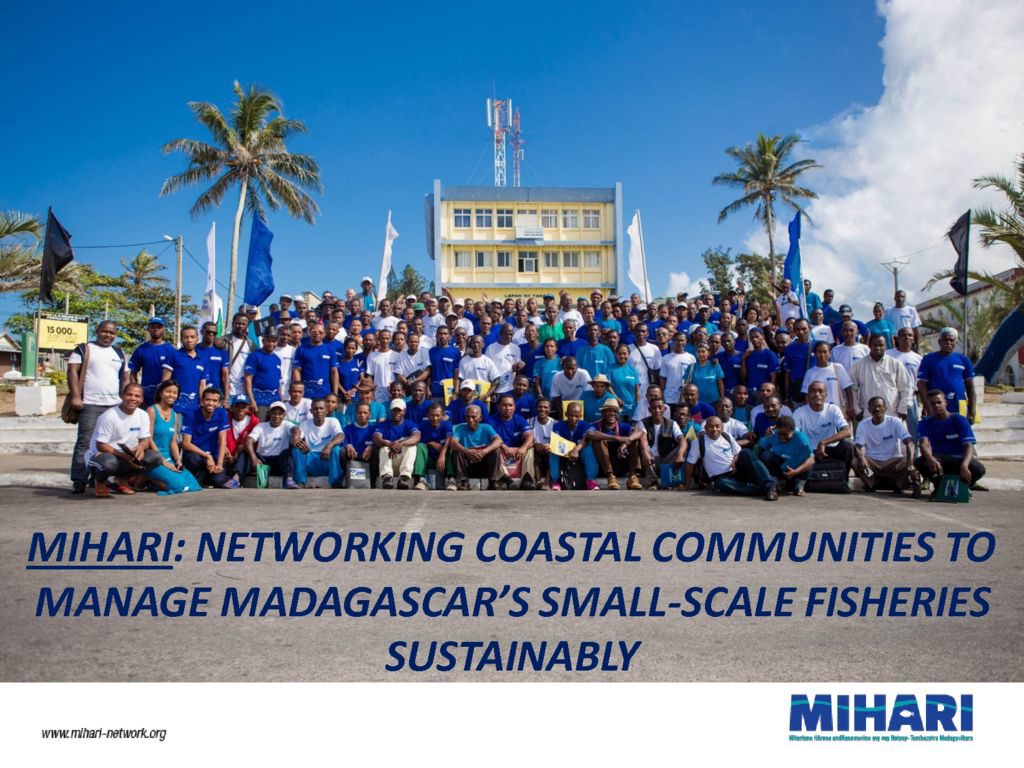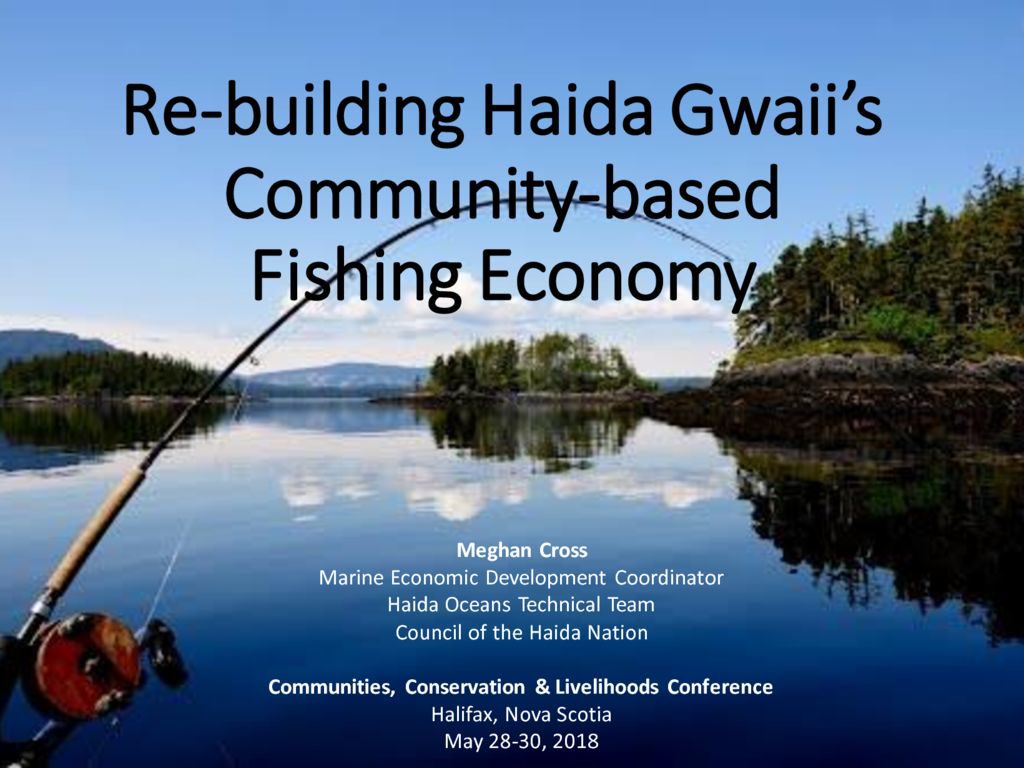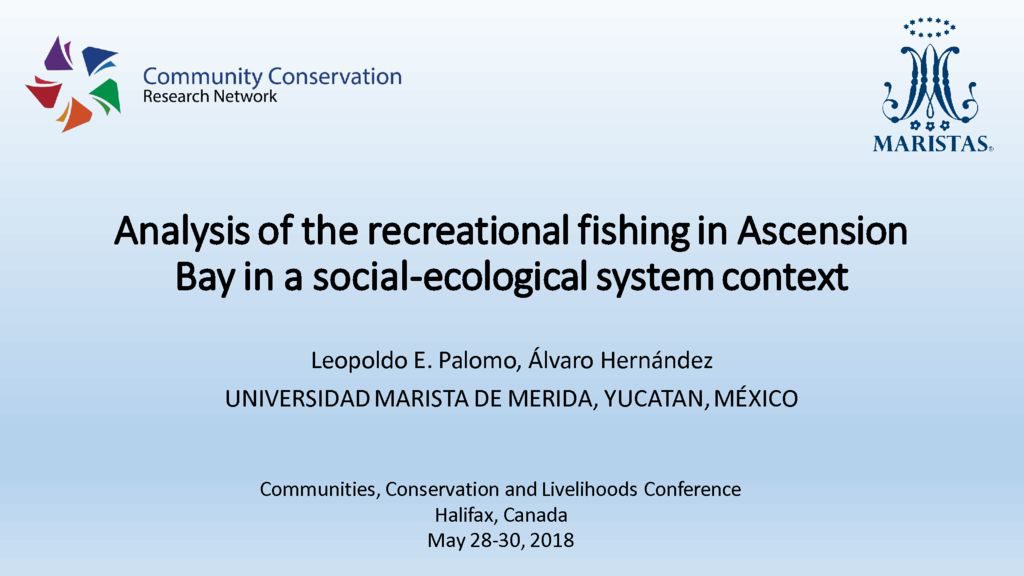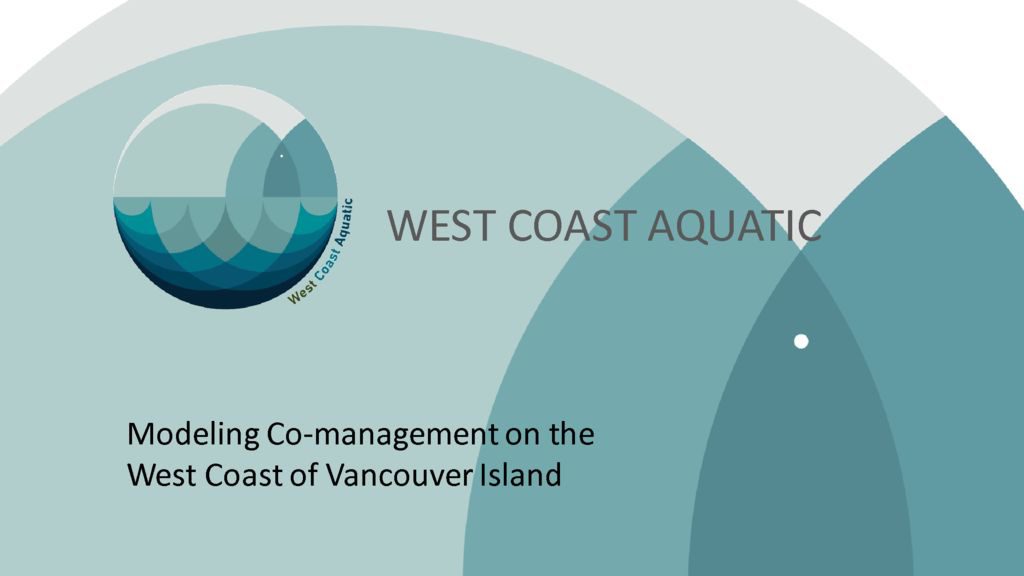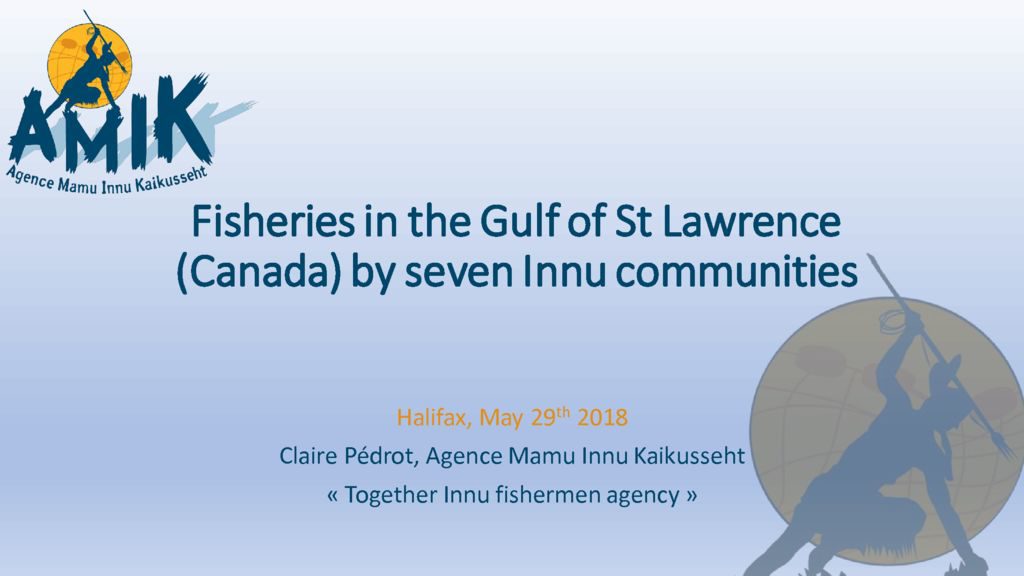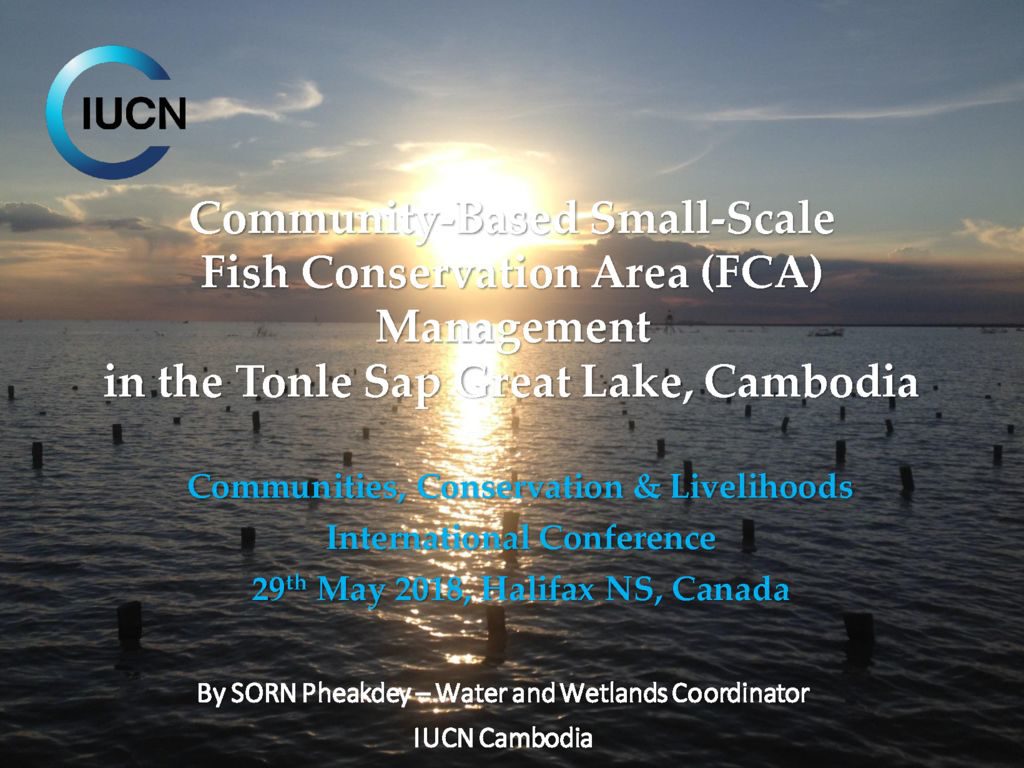19 Mar Fisheries
Challenges surrounding fisheries management in areas such as Madagascar, Cambodia, Brazil, Mexico, and Canada are discussed through the resources found to the right of this page. The need to support sustainable fishing practices is heavily emphasized throughout several of these sources – not only due to environmental concerns, but because in many rural coastal villages fishing makes up a significant portion of household incomes and also represents an important aspect of local culture. Therefore, managing these fisheries sustainably is important for the maintenance of marine ecosystems, local livelihoods, and for the preservation of traditional cultural identities.
Topics explored through this section include barriers inhibiting sustainable fishery development, along with local examples of communities coming together to challenge and overcome these barriers. Factors such as poverty, low levels of education, and weak environmental governance systems are discussed, as well as means of facilitating cooperation between user groups (recreational, industrial, traditional fishers, etc.) and governments in order to reach a desired end for all parties while avoiding conflict. A focus is placed on topics such as aboriginal fishing rights in Canada, and means of addressing community level well-being. Perspectives are shared from several local fisheries under varying governance systems which offer valuable insight into the potential benefits (or areas in need of improvement) of these systems, comparatively.
Key Themes:
Livelihoods, Engagement, Education & Empowerment, Wildlife and Fisheries
Click titles below to expand sections:



